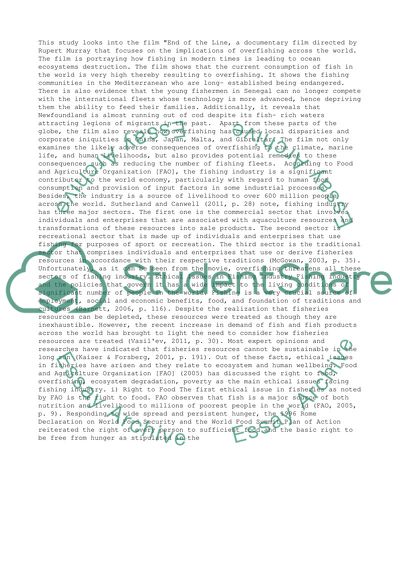Cite this document
(“Ethical Decision Making and Leadership as Portrayed in the End of the Essay”, n.d.)
Retrieved from https://studentshare.org/business/1394638-ethical-decision-making-and-leadership-as-portrayed-in-the-end-of-the-line-film
Retrieved from https://studentshare.org/business/1394638-ethical-decision-making-and-leadership-as-portrayed-in-the-end-of-the-line-film
(Ethical Decision Making and Leadership As Portrayed in the End of the Essay)
https://studentshare.org/business/1394638-ethical-decision-making-and-leadership-as-portrayed-in-the-end-of-the-line-film.
https://studentshare.org/business/1394638-ethical-decision-making-and-leadership-as-portrayed-in-the-end-of-the-line-film.
“Ethical Decision Making and Leadership As Portrayed in the End of the Essay”, n.d. https://studentshare.org/business/1394638-ethical-decision-making-and-leadership-as-portrayed-in-the-end-of-the-line-film.


